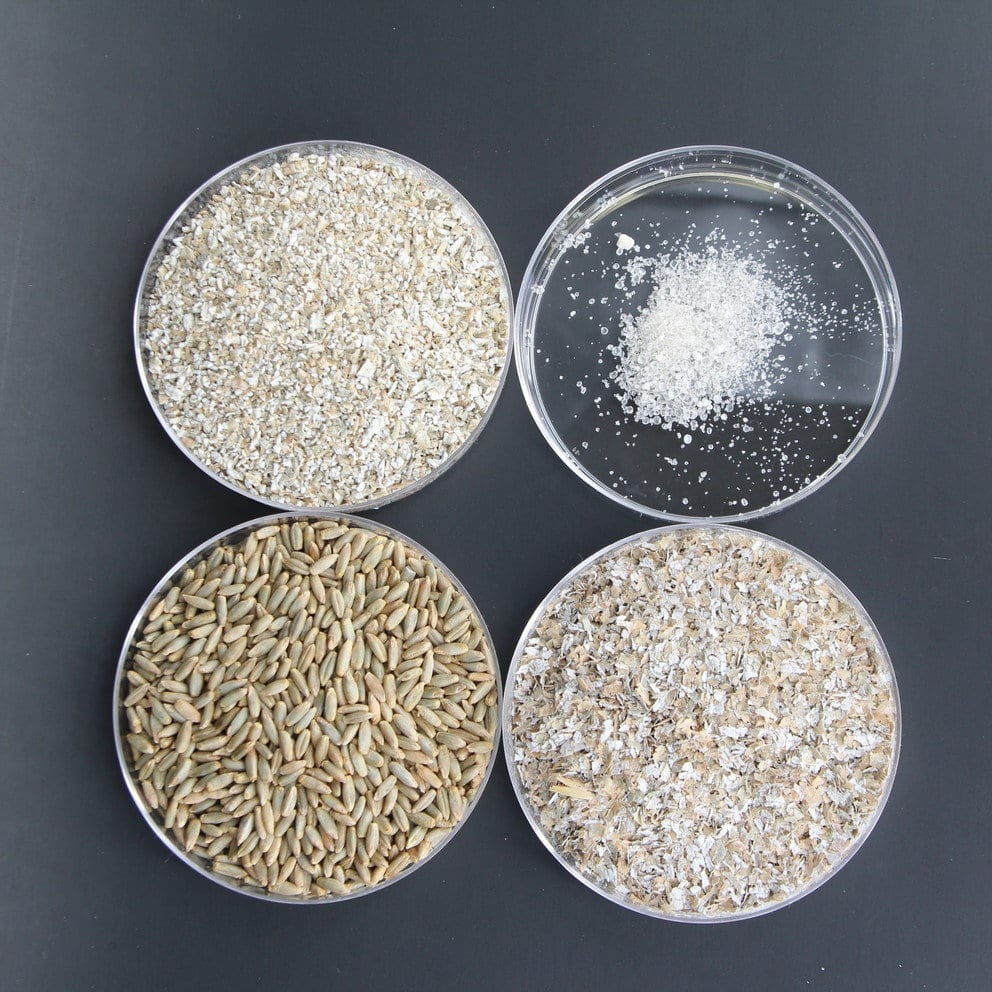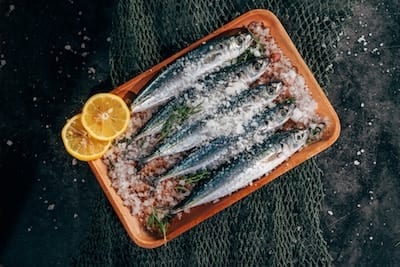
A natural antioxidant found in grain bran could preserve food longer and replace synthetic antioxidants currently used by the food industry, according to researchers at Penn State.
“Currently, there’s a big push within the food industry to replace synthetic ingredients with natural alternatives, and this is being driven by consumers,” said Andrew S. Elder, doctoral candidate in food science. “Consumers want clean labels — they want synthetic chemical-sounding ingredients removed because of the fact that they don’t recognize them, and that some of them (the ingredients) have purported toxicity.”
The Penn State researchers studied a class of compounds called alkylresorcinols (AR). Plants such as wheat, rye and barley produce ARs naturally to prevent mold, bacteria and other organisms from growing on the grain kernels. The researchers wondered if ARs could also preserve food in the same way from a chemical standpoint.
Along with using more natural ingredients, the food industry is also supplementing more foods with healthy oils rich in omega-3 fatty acids. Adding these healthy oils to foods that normally would not contain them could boost the health benefits of these foods to consumers. However, omega-3 rich oils have a shorter shelf life, which could cause these foods to spoil more rapidly.
“Most people consume omega-3s from marine sources,” said Elder. “As they break down, they can make the product smell and taste fishy. Consumers then throw these products out and don’t buy them again, and this results in an economic loss.”
Antioxidants are compounds that slow the rate at which omega-3 fatty acids degrade, preserving their health benefits and preventing food from spoiling as quickly. While consumers demand more natural ingredients, the food industry has struggled to find natural antioxidants that are as effective as synthetic ones.
“There are not many natural alternatives for synthetic antioxidants,” said Elder. “Our work is focused on identifying new natural antioxidants to extend the shelf life of food and meet consumer demands.”
ARs have health benefits for humans as well and can help protect against cancer, according to a review published in European Food Research and Technology, making them ideal natural additives. ARs also come from the bran layer of cereal plants, which the food industry usually discards or uses for animal feed.
“Bran is often a waste stream,” said Elder. “We’re taking something that’s usually discarded in a waste stream and turning it into something useful.”
The team developed a technique to extract and purify ARs from rye bran, then studied how well ARs were able to preserve omega-3-rich oils in emulsions, where two fluids do not fully mix — for example, vinegar and oil. The researchers chose to study AR action in emulsions because most people consume oils as emulsions, such as salad dressings. The researchers reported their findings online in Food Chemistry, and the study will be published in the January print edition.
The researchers found that ARs did act as antioxidants in an emulsion, preventing omega-3 oils from spoiling as rapidly as they did in emulsions with no antioxidants added. Then, they compared ARs to two antioxidants widely used by the food industry — alpha-tocopherol or Vitamin E, a natural antioxidant; and butylated hydroxytoluene, a synthetic antioxidant. However, ARs were not as effective as either the natural or the synthetic antioxidant.
Although the ARs did not work as well as other antioxidants in this round of experiments, the researchers noted that their AR extracts were not completely pure, which could have reduced the effectiveness of the ARs. Also, the researchers used a blend of different ARs that had different molecular structures. Future work looking at different types of ARs will reveal whether an individual AR type is more or less effective than conventionally-used antioxidants.
“We’re trying to identify natural antioxidants that are consumer-friendly, safe and effective,” said Elder. “We hope that one day this work will lead to ARs being available on the market and provide more options for the food industry to use.”
Learn more: A ‘bran’ new way to preserve healthy food with natural ingredients
The Latest on: Natural antioxidant
[google_news title=”” keyword=”natural antioxidant” num_posts=”10″ blurb_length=”0″ show_thumb=”left”]
via Google News
The Latest on: Natural antioxidant
- Top 6 Best Amla Supplements in 2024on April 25, 2024 at 5:00 pm
Organic Aura AMLA Capsules are an ideal addition to a healthy diet, providing natural and abundant vitamin C and antioxidants to support immunity, metabolism, and overall health. The capsules are ...
- Natural Astaxanthin Market Set to Reach USD 248.3 Million by 2032 | Market.uson April 25, 2024 at 4:00 am
According to a recent report by Market.us, the Global Natural Astaxanthin Market size is expected to be worth around USD 248.3 Billion by 2033 from USD 125.6 Billion in 2023, growing at a CAGR of 8.1% ...
- Sales of Meat Consumption in Asia Pacific is Propelling the Market for Animal Feed Antioxidants Valuation to be US$ 1056.48 Million by 2033on April 25, 2024 at 2:41 am
The animal feed antioxidants market is projected to reach US$ 323.61 Mn in 2023 and US$ 1056.48 Mn by 2033, with a CAGR of 12.56% over the forecast period. The animal feed antioxidants market is ...
- 16 Natural Ways to Boost Fertilityon April 24, 2024 at 5:00 pm
Here’s a look at 16 natural strategies that may help boost fertility. Antioxidants may help deactivate free radicals in your body, which can damage both sperm and egg cells. There’s weak ...
- A natural alternative to preserve meaton April 23, 2024 at 4:46 pm
According to research from the University of Queensland, a native bushfood has proven to be a promising natural alternative to synthetic chemicals used to preserve meat.
- The 33 Best Natural Skincare Products in 2024on April 23, 2024 at 12:44 pm
Branded content. Us Weekly has affiliate partnerships so we may receive compensation for some links to products and services. One thing is for certain: Natural skincare is here to stay. Every year, ...
- The 25 Best Natural Face Washes in 2024on April 23, 2024 at 9:48 am
Branded content. Us Weekly has affiliate partnerships so we may receive compensation for some links to products and services. Natural and clean skincare is all the rage these days. No one wants to put ...
- Natural Antioxidant Market Valuation Expected to Reach US$ 3.8 Billion by 2034: A Comprehensive Analysis of Growth Trendson April 19, 2024 at 9:39 am
The global natural antioxidant market is anticipated to reach a valuation of US$ 2.3 billion in 2024, driven by increasing preference of personalized nutrition. The trend is expected to create new ...
- 16 Foods with Natural Healing Powerson April 17, 2024 at 9:00 am
As the old saying goes, “Let food be thy medicine, and medicine be thy food.” For centuries, people have turned to natural remedies to cure what ails them, and it turns out that many of the foods we ...
- Top 8 Best Natural Vitamin E Supplements in 2024on April 16, 2024 at 9:15 am
Vitamin E is an essential nutrient that significantly supports overall health. Its strong antioxidant properties enable it to shield the body from dangerous free radicals and oxidative stress.
via Bing News




